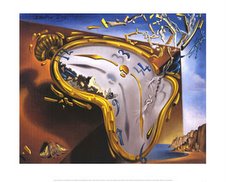NEGATIVE EXPRESSIONS: NUNCA, NADA, NADIE, NINGUNO(A), NINGUN
1. Negative expressions in Spanish go Esther before or alter the verb. If they are placed after the verb, place “no” before the verb also.
Ejemplo: No salgo nunca durante la semana (I never go out during the week)
2. When NADA and NADIE are subjects, they are placed before the verb. They can not otherwise follow the verb or the preposition of which they are object.
Nadie juega mayor que yo (precedes the verb)
No quiero hacer nada (follows the verb)
Use the personal “a” with nadie when it’s the object of a verb.
No conozco a nadie aquí
3. Use NINGUNO and NINGUNA to say none, not (a single one). They are generally used in the singular to match the noun they describe in gender.
4. Ninguna and ninguna can stand alone, or they can go before a noun. If ninguno(a) follows the verb in the sentence, place no before the verb.
¿Cuántas monedas tienes de México? No tengo ninguna.
5. NINGÚN
Ninguno changes to ningún before a masculine noun.
Tengo dos perros pero no tengo ningún gato.
martes, 29 de mayo de 2007
PALABRAS NEGATIVAS (NUNCA, NADA, NADIE, NINGUNO(A), NINGUN)
Etiquetas:
nada,
nadie,
negative words,
ningun,
ninguna,
ninguno,
nunca,
Palabras negativas
Suscribirse a:
Enviar comentarios (Atom)

No hay comentarios:
Publicar un comentario